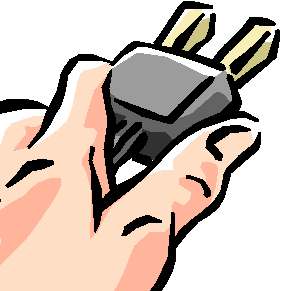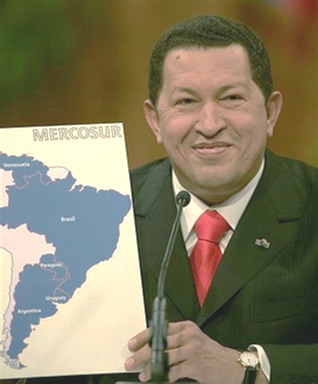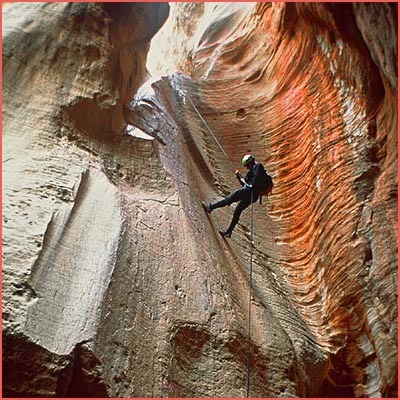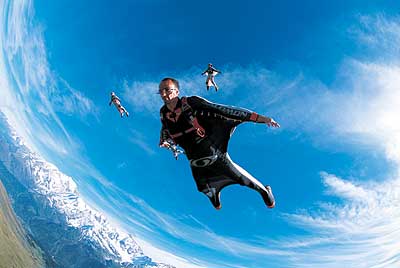
Task 1. Read the statements concerning the advantages and disadvantages of technology. De-jumble the jumbled phrases. See solutions in Comments.
Do the advantages of technology outweigh the disadvantages?
“Technology can be defined as science to practical applied purposes. In developed and alike developing nations, technology has brought numerous material advantages in nearly every aspect of life.“
“Without doubt, in one way or another most people living today have from advancement the benefited of science and technology.“
“First and foremost, the machines, use fertilizers, of pesticides, and improved seeds has increased the food supply and nutrition for much of the world's population.“
“In medical science advancements have resulted in better health and a longer life span for many.“
“The automobile and the airplane, along in developments with electronics, computers, and satellites, have made it possible for people to travel and to ease communicate with relative others with.“
“Few people would be ready to give up the vast number of time- and labor-saving devices that they have to come for take granted and grown have to accustomed in their daily lives.“
“Although the massive technology infusion of into society during the past few decades has immense benefits brought, there is mounting evidence that some technological developments may solve, than rather aggravate, many social problems and environmental pressing.“
“This nation leads the world in wealth and power, but also leads in the human degradation of the habitat. We have the most automobiles and the worst junkyards. We are the most mobile people on earth and we the worst congestion endure. We produce the most energy and have the foulest air.“
“It is argued that the material outweigh benefits technology created by the loss of clean air, water, and land.“
“Another defense for technology is that sooner or later it will come up with the solutions to take care of the problems. The truth of the matter is that the technological know-how already exists to stop or even done much of the reverse damage. But to do the job will cost money, and cost a great deal. For example, just to clean up the 786 toxic-waste dump sites designated by the U.S. government as hazardous would require setting up a fund of $7.5 billion to $10 billion—a sum no one is quite prepared to pay.“
“The fear has always been that new machines would put work out of people. Early in the Industrial Revolution, textile workers in Nottingham, England, felt so threatened that, led by a Ned Ludd, they destroyed hundreds of the newly introduced machines in the notorious Luddite riots of 1811-12.“
“The success of the Industrial Revolution makes all such actions seem ludicrous today. Yet, the introduction of computerized automation and robots in offices and factories is fears such old rekindling. Some, however, dismiss such fears by pointing out that computer technology generates its own jobs—high-tech jobs such as computer operators, designers, programmers, and so on—that will absorb the displaced workers after retraining.“
“Most people envision a degree of sophistication with high-tech jobs. However, while some such jobs are spirit-enlarging and mind-challenging, are most incredibly mind-dulling. Rather than doing drudgery away with, most jobs in the high-tech industry are repetitive, highly supervised, and require little technical skill.”
“For the sake of efficiency the jobs become increasingly monitored and specialized—meaning that workers do smaller and smaller fractions of the larger task. People are used as extensions of machines. This is dehumanizing. What alienation results is a feeling of, or lack of a purpose of sense and accomplishment.”
“In many areas, pervasive technology has become so in people's daily life—appliances, transportation, entertainment, and so on—that many probably would find it difficult to survive in a less technologically developed society.“
“Mankind is facing the threat of total destruction facing mankind today. That denying there is no much of this has been brought by the technological development about that has produced the fearsome weapons of war—from the crossbow to the laser space-weapon. The height of such development, no doubt, was that in just three years, from June 1942 to July 1945, scientists and technicians were able to develop the first atom bomb.
“Increased control over nature is not providing safety and peace of mind; making prosperity is not economic people healthier or happier; technological innovations create problems of their own, which necessitate the continually development of new counter-technologies.”
http://www.oppapers.com/essays/Technologyhow-Affects-Us/116723





